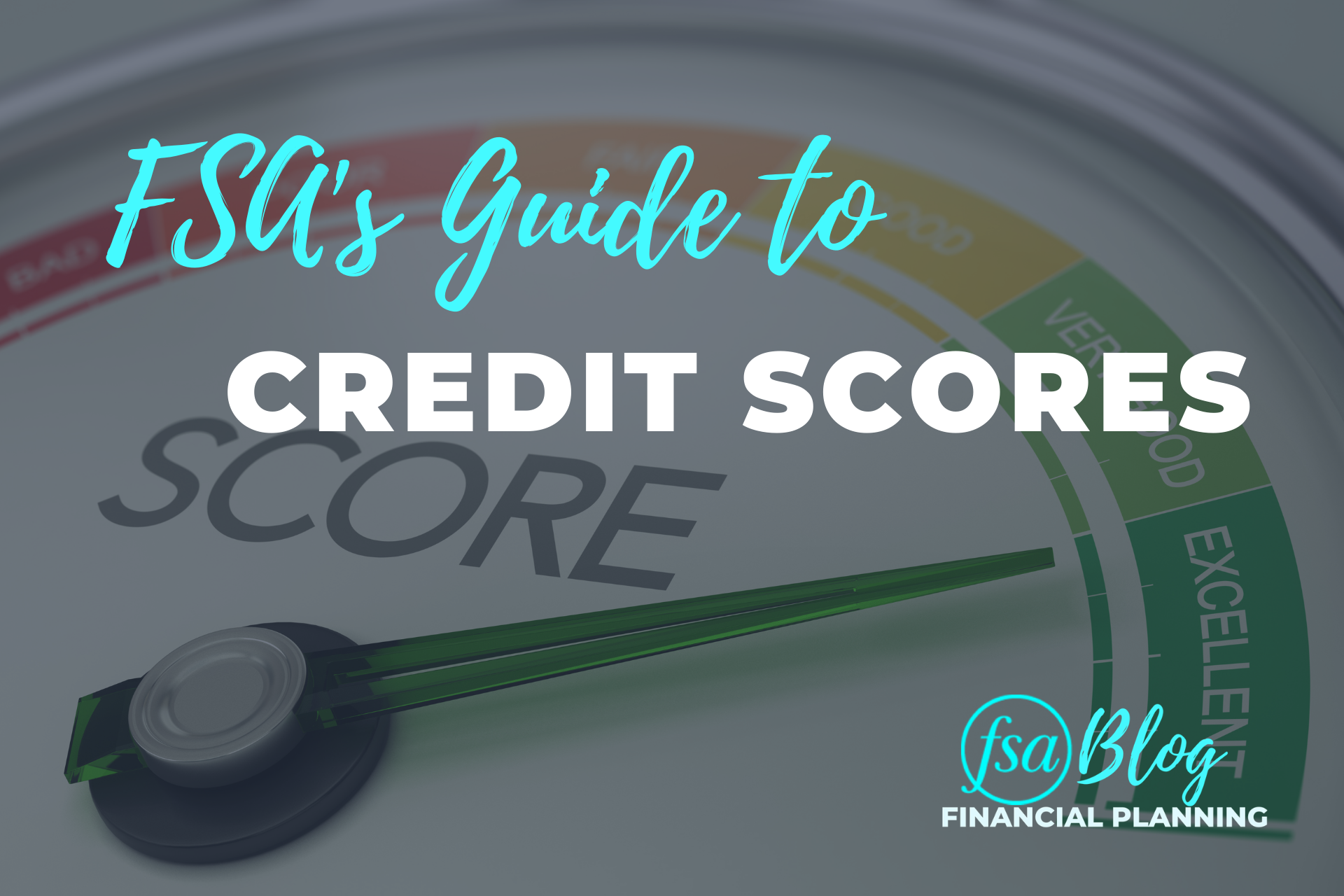Having a good credit score is critical for many important events in your life such as buying a home or starting a business. Your score is a substantial factor of your financial health, which is why we want to take a deep dive into credit scores.
What they are?
A credit score is defined as a number between 300-850 that shows your creditworthiness as a borrower. The higher your score, the more trustworthy you look to lenders and the better your chances of getting approved for a loan with a low rate. On the flip side, the lower your credit score, the less trustworthy you look to lenders and the lower your chances of getting approved for a loan.
Credit scores are essentially a quick number that a lender can look at to determine whether you are trustworthy to receive a loan. They are very similar to how colleges or employers will look at a person’s GPA (grade point average) to determine whether they are a good student.
How are they calculated?
Credit scores are calculated based on five different factor codes. Each factor impacts your score by a different percentage. Below are the codes and percentage effects they have on your overall score:
- Payment history – 35%
- Amount of outstanding debt – 30%
- Length of account history – 15%
- Acquisition of new credit (commonly known as “inquiries”) – 10%
- Types of credit in use – 10%
How often should you check them?
Just like your GPA takes time to noticeably reflect your effort in class, your credit score takes time to reflect your effort towards your finances. As long as you are meeting your bills and not taking out any excessive debt, your score will likely rise by a few points every month. Due to this, you really only need to check your score every couple of months. Another reason to check your score periodically is to make sure no fraudulent activity has occurred. If you’ve been a victim of identity theft, someone could take out a loan under your name which will have a negative impact on your score!
When you review your credit report, there are three credit bureaus to check. These agencies are Equifax, Experian, and TransUnion.
What kind of factors hurt your score?
There are some obvious factors such as declaring bankruptcy, defaulting on an existing loan, or missing payments. We have listed some lesser-known factors below:
- Making late payments (even one day late matters!)
- Transferring balances to a higher limit card
- Having a balance greater than 30% of your credit card limit
- Late payments on co-signed debts
- Errors in reporting such as posting the highest balance as the credit limit or reporting a home equity line as a revolving debt rather than a mortgage
Our biggest tips for increasing your score:
Credit scores are crucial for getting the best terms on loans and credit cards. This means that it’s in your best interest to have the highest possible score.
Here are a few of our tips for increasing your credit score:
- Pay off your debt – Having excessive outstanding debt is usually a red flag to lenders and can hurt your score. Try to pay off any bad debt you have to the best of your ability.
- Open a credit card and pay it off – Usually, having no credit history is frowned upon by lenders. Start building credit as soon as possible by opening a credit card and paying it off in full every month.
- Get your credit limit increased – If you already have a credit card, check to see if you are eligible to get your limit increased. Having access to lots of credit will help improve your score. Please note, having access to credit is different than being in debt!
We hope that you found this article valuable when it comes to understanding what credit scores are, pitfalls to avoid, and habits to increase your score. If you have any questions that pertain to credit scores or your overall financial health, email us at questions@FSAinvest.com.
FSA’s current written Disclosure Brochure and Privacy Notice discussing our current advisory services and fees is also available at https://fsainvest.com/disclosures/ or by calling 301-949-7300.




